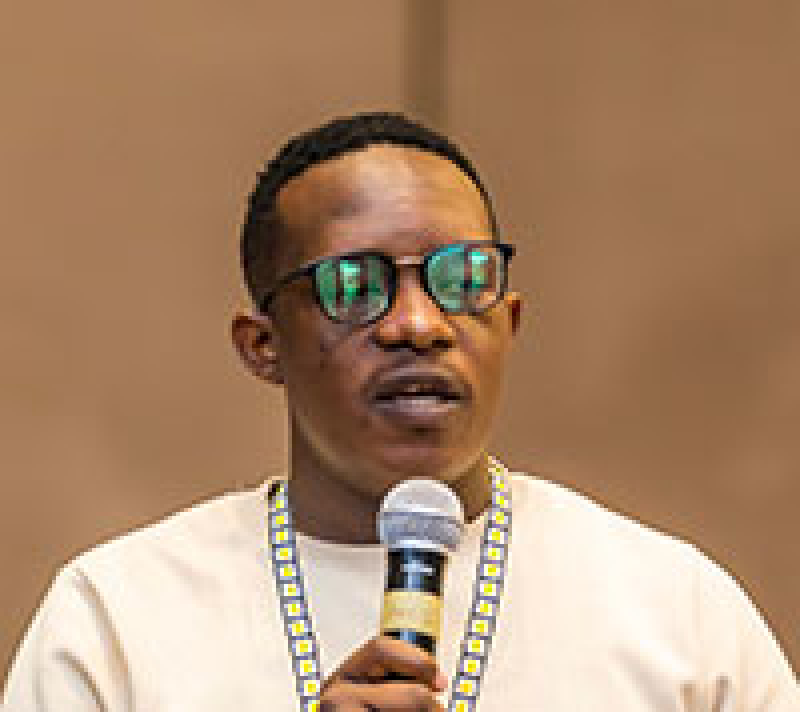- Interim govt plans promotion drive to boost bureaucracy |
- Pakistan Reels Under Monsoon Deluge as Death Toll Climbs |
- Prof Yunus stresses transparency in finalising July Charter |
- Fakhrul suspects plot to thwart February polls |
- UN Warns Gaza Children Face Starvation Amid Total Collapse |
Global Human Rights Defenders Face Growing Repression

Takaedza Tafirei
From Gaza’s rubble to the streets of Tbilisi, people around the world are standing up for justice, dignity, and basic rights. But too often, they are paying with their freedom, their safety, and sometimes their lives.
Why, in 2025, does speaking out for justice still come at such a high cost? As human rights defenders ourselves, we ask this not rhetorically but from lived experience. Around the world, protest repression is rising sharply, even in so-called democratic states, while the silence—or complicity—of the international community is overwhelming.
The CIVICUS Monitor reports that only 40 of 198 countries maintain open civic space, with 72.4% of the world’s population living under repressive or closed conditions—up from last year. Violations of freedom of expression occurred in 49 countries, peaceful assembly in 29%, and freedom of association in 26% of cases. Alarmingly, at least 58 countries recorded detentions of human rights defenders, with nearly 10% of violations linked to Israel, Palestine, and solidarity protests.
Repression can happen anywhere—from authoritarian regimes to established democracies. In March 2025, even the United States was added to the CIVICUS Watchlist for a rapid decline in civic freedoms, including executive orders restricting peaceful assembly and free expression.
When democracies restrict civic space, authoritarian regimes feel emboldened to escalate their own crackdowns, fuelling a dangerous global trend.
Both of us know this personally.
Takaedza, from Zimbabwe, once organised protests and now coordinates global efforts to protect peaceful assembly at CIVICUS, supporting activists who face beatings, imprisonment, and silencing.
Asma, arrested in Bahrain for organising protests, now lives in exile in France. She leads the Stand As My Witness campaign, advocating for imprisoned human rights defenders worldwide. Since its 2020 launch on Nelson Mandela International Day, the campaign has contributed to the release of 31 activists in countries ranging from Burundi to Saudi Arabia.
From pro-Palestinian protests in the U.S. to Georgia’s anti–foreign agent law demonstrations, Kenya’s #RejectFinanceBill movement, Mozambique’s electoral protests, and Iran’s Women, Life, Freedom uprising, one pattern is clear: the price of peaceful protest is becoming unbearable.
Shrinking civic space is a global emergency. When traditional democracies restrict freedoms, it signals that rights everywhere are negotiable.
To be persecuted for speaking out is not just a legal battle—it’s emotional, mental, and deeply personal. Yet it’s also a story of resilience and collective strength.
Here’s how you can help:
Name and shame repressive governments. Public exposure through social media, open letters, and global campaigns can deter abuses.
Show solidarity. Personal letters, solidarity statements, and public advocacy assure defenders they are not alone.
Offer real support. Legal aid, emergency relocation, digital security, and mental health services are critical.
Defend civic space at home. Fight for your own rights while pressuring governments to protect global activists.
Use your platform. Amplify defenders’ voices through your profession or personal network.
Celebrate defenders. Honour their courage by nominating them for awards and sharing their stories.
Despite crackdowns, change remains possible. Solidarity and activism work—as we’ve seen in the Stand As My Witness campaign.
If we want a world where justice is not punished, where peaceful protest is not a crime, and where defenders are not silenced, we must act now. Solidarity is our collective power for change.
By Takaedza Tafirei, Programme Coordinator for Freedom of Peaceful Assembly at CIVICUS, and Asma Darwish, Bahraini human rights defender and Campaign Lead at CIVICUS.

